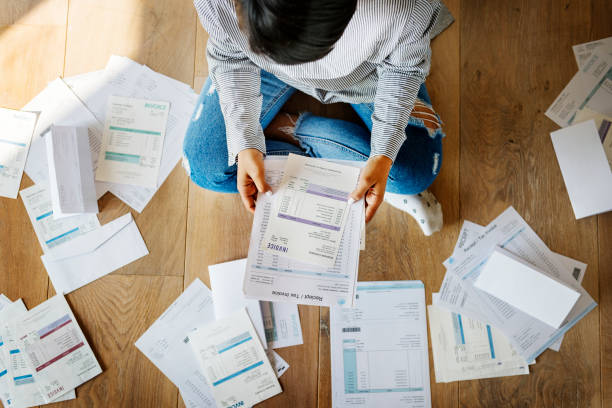
Studies show that the average American household is $137,063 in debt. This kind of debt places an immense burden on how you spend your income. It can also affect your credit score, wreaking havoc on your credit utilization ratio. So how do you prevent debt from taking over your finances?
Radio host, author, and businessman Dave Ramsey suggests using a financial evaluation method called the “debt snowball.” With these three simple steps, you can get out of debt you’ve already accumulated and stay out of debt in the future.
1. List your debts.
Create a chart divided into three separate headings- debts, total payoff, and minimum payment. Underneath each of these headings, leave space to list out all loans in numerical order from lowest to highest total payoff. If any of your listings have a significantly higher interest rate, place that one at the top of the list as a higher priority so that you don’t continue to accumulate more interest.
2. Pay off debts from lowest to highest.
Start paying off your debt by working to cover the costs of all your minimum payments. That at least gives you a head start and prevents you from dealing with the penalties of late payments. If you neglect to cover these minimum payments on time, your financial neglect will tarnish your credit report for years to come and your interest rate might increase.
After covering the minimum payment of all that you owe, pay off the smallest debt you have first. Work your way up to larger and larger debts, saving the more challenging expenses for last. Doing this will give you motivation and momentum to keep working through the list you created. All those smaller payments you check off and complete will start to add up after consistently paying them.
3. Keep going.
Don’t just stop after you’ve covered just one or two payments. Keep the small goals of individual payments as your motivation, but don’t forget to always have your end goal in mind- being debt-free!
Hold fast to the due dates that you set for yourself. If you continue to procrastinate your payments, you’ll only accumulate more interest and end up owing more money in the end. Start making small payments now so you can begin your journey of paying off your debts.









